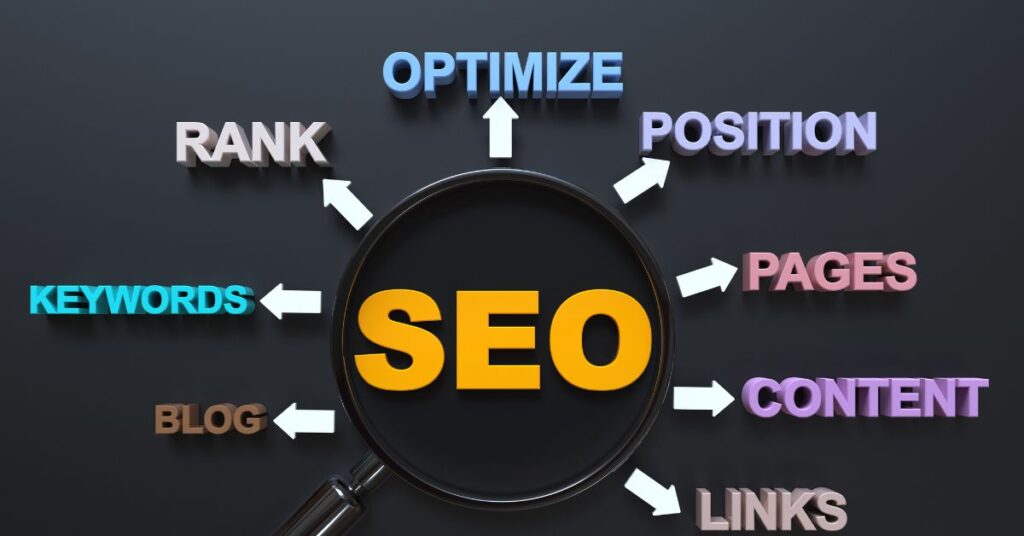
The Ultimate Guide to Check SERP Position for Keywords: Tips and Tools
How to check SERP position for certain keywords? This comprehensive guide aims to equip you with valuable insights, tips, and an array of tools to help you effectively check your SERP position for keywords.




